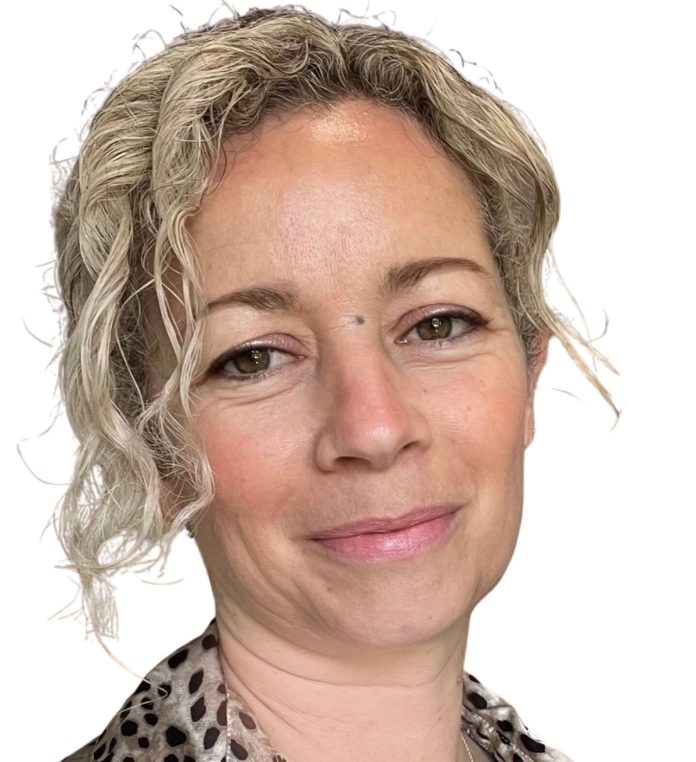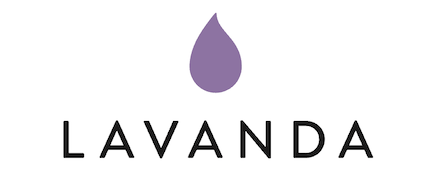
Nido Living has raised concerns by students concerning affordability, studying, and making friends – which are fuelling an increase in the probability of ‘burnout’ amongst the 18 to 25 age group.
The integrated investor, developer, and operator of student property who is renowned for its industry leading focus on wellbeing, in partnership with its professional psychologist Dr Tara Quinn, has issued a warning that students are putting record levels of pressure on themselves to perform with a challenging post-graduate economic environment looming, where rising costs are forcing universities to rethink what courses they offer and employers how many jobs they can sustain.
Moreover, with the rising cost of living, students are putting undue pressure on themselves to ensure they come out with the top grades so parents who are footing the bill don’t feel they’ve wasted money, whilst those students paying for their education and rent themselves are doubling up the pressure by taking on jobs at the same time.
“Burnout is historically most commonly associated with those at work but there is a rising incidence of it at university with students placing huge pressure on themselves and struggling to find a balance or even recognise the signs of burnout creeping up.”
Dr Tara Quinn, Psychologist and Wellbeing Partner, Nido Living
Nido Living’s most recent global student survey highlighted top concerns of hundreds of its student community across seven countries as being cost and making friends with newer entrants achieving work/life balance, and ‘finding time to study and exercise’. Another new top concern was that of ‘getting a good night’s sleep’.
“Since the pandemic, student concerns have changed with a greater focus on making friends and wellbeing – both from the student and the parent – who is increasingly becoming a key decision maker for students on where they live and study.
“Cost has always been a factor but, in the last 18-24 months, we have seen a sharp rise in the perception of ‘value for money’ and a renewed focus on achieving both time to study and time for social which shows that students are more concerned than ever with doing well to justify the cost, and struggling with balancing their workload, tasks and social/personal time.”
Suraiya Comunello, CMO, Nido Living
Burnout is essentially hitting a metaphorical wall and occurs when there is a mismatch between load vs valued living, and demands exceed ways of reducing stress.
Nido Living and Dr Tara launched the industry’s first wellbeing partnership in 2021, immediately after Covid-19, and have been leading the way on the theme – delivering a global student toolkit to their residents across Europe, as well as free online group sessions and live Q&As.
The specialist also shares insights, tips, and guidance across the PBSA industry – from how to recognise when a friend is not doing well and how to approach the topic, to how to prepare to go to university for the first time, how to keep a well mind, body and soul and a wellbeing-focussed social and community programme.
“Burnout has become a key theme for our wellbeing programme in 2025 as a direct result of recognising the feedback both through our global surveys and by our on-the-ground teams who are there to support our students 24/7.
“Many people, particularly those who have not experienced burnout previously, may not recognise the signs and we want them to realise what they can look or feel like for themselves but also their friends as having a supportive community is crucial for students, many of whom study away from home and increasing numbers abroad. That’s why evolving this partnership with Dr Tara is so important, she not only offers us advice on what to do and how to deliver guidelines but what questions to ask so we get the right answers to support our students in addressing their concerns.”
Suraiya Comunello, CMO, Nido Living
Nido’s guidance with Dr Tara highlights that recognition of burnout symptoms is crucial as intervention (self or otherwise) is not possible without understanding or knowing what to look for and that pscyho-education about the signs, and self-analysis as to what our stress indicators are, are important alongside preventative measures.
“Considerations for academic burnout, in particular, include not feeling able to speak out about work demands, not feeling able to say no to demands which can also include extracurricular responsibilities when it comes to students; a lack of support which can be more prevalent when studying away from home, reduced engagement with others and life outside of study demands – all of which were flagged as concerns in Nido’s global student survey.
“Others signs of burnout can present all of a sudden – feeling overwhelmed or even detached from feelings, poor sleep, cognitive functioning such as concentration, focus and memory. Or, difficulty completing tasks, finding your overall performance impaired, or a negative sense of self-worth and ability. Burnout can show up in our bodies – there is a huge evidence base for the link between mind and body. We may notice physical aches and pains, digestive problems, headaches, and recurrent ill health as our immune system can be compromised.”
Dr Tara Quinn, Psychologist and Wellbeing Partner, Nido Living
In terms of guidance, Nido & Dr Tara’s baseline advice on keeping a healthy mind, body, and soul is to nourish, hydrate, move your body, connect with others, establish a good sleep routine, engage in value-based living in addition to work demands and talk and share feelings with others and so on.
“Other advice includes utilising boundaries and saying no. It’s important to be ok with setting boundaries around your workload and the demands of others. Knowing when/how we are more likely to say yes to things we can’t manage is important. Also, knowing your own individual stressors – what things impact you historically – this could be people, events, or demands on you.
“To tackle burnout you need to recognise and name it – how you feel, your body, emotions – name that you are burnt out. We may be aware prior to this that we are overwhelmed and heading towards burnout too. It may be a familiar feeling if you have experienced it before. Speak to trusted people, don’t try and go it alone. You can immediately reduce the demands you have on you and take time out to recover. This can include talking to your tutor about your study schedule and any deadlines.”
Dr Tara Quinn, Psychologist and Wellbeing Partner, Nido Living
Nido also has teams on the ground who are there to talk to and are the first port of call when it comes to feeling heightened levels of anxiety and burnout. Another good starting point, the guidance signposts, is a GP or local physical health practitioner.
“Finally, it’s good to have more conversations about burnout: there can be perceived shame and stigma particularly in high achieving environments such as academia but this can perpetuate taking on more or working at an unattainable pace.”
Dr Tara Quinn, Psychologist and Wellbeing Partner, Nido Living





















